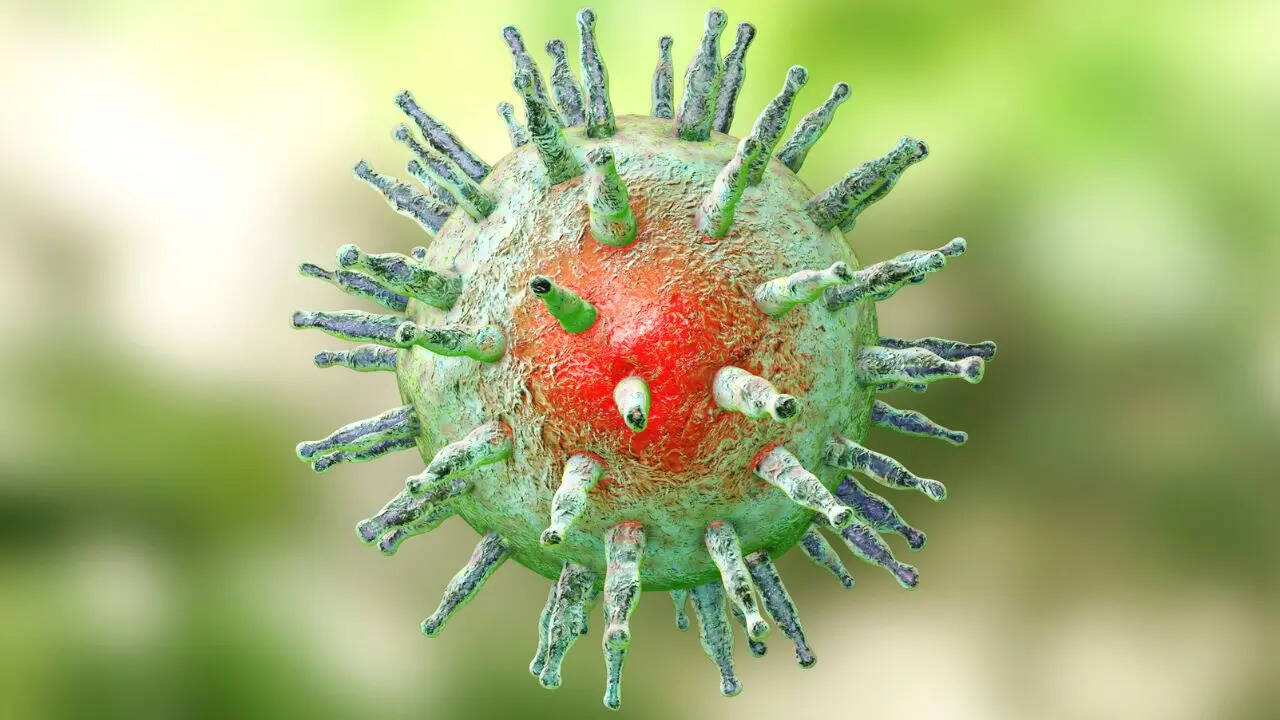Epstein-Barr Virus May Be the Hidden Trigger Behind Lupus — Here’s What Scientists Found

Credits: Canva
SummaryScientists may have uncovered a major clue in the mystery of lupus. A new study suggests that Epstein-Barr virus, a common infection most people carry, could trigger the autoimmune disease by causing the body to attack its own cells.
End of Article
